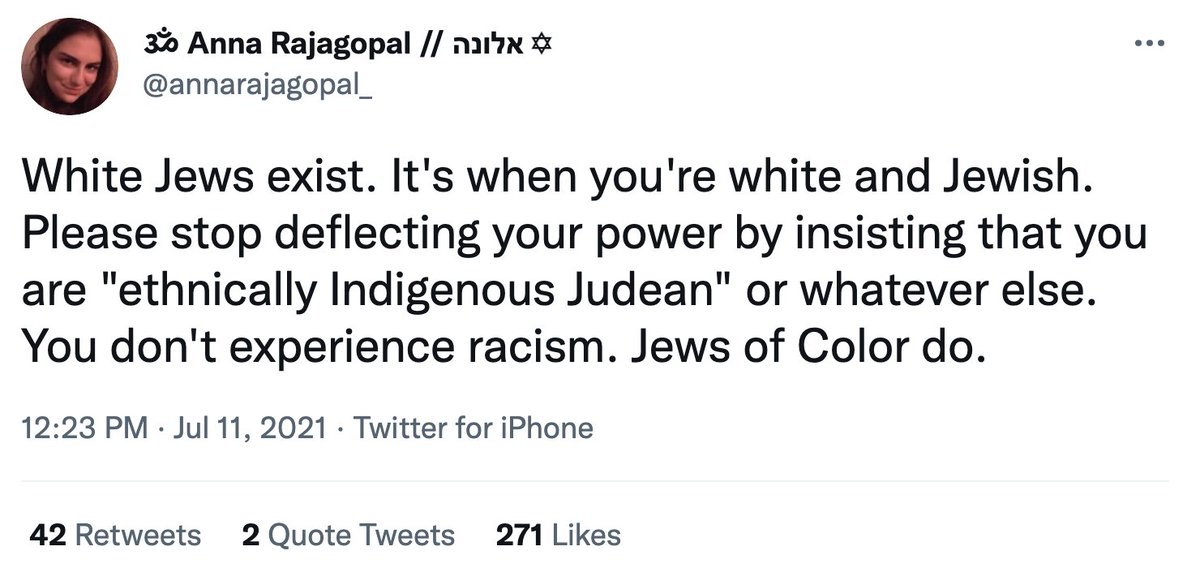
High Holidays are in a mere couple of weeks, and we're about to see all the takes about how expensive tickets are.
Here are a few common complaints and why they are wrong:
Here are a few common complaints and why they are wrong:
1) "Prayer should be free!"
It can be. Nothing stops you from organizing a minyan, finding a space, informing people, finding a cantor, someone to read the Torah, you can even skip on the Rabbi if you want, same thing with security, etc. You can decide to absorb the costs, too
It can be. Nothing stops you from organizing a minyan, finding a space, informing people, finding a cantor, someone to read the Torah, you can even skip on the Rabbi if you want, same thing with security, etc. You can decide to absorb the costs, too
2) "Back in Temple days you didn't have to pay"
Wrong. Not only was the half-shekel collected from the whole population in order to take care of the upkeep of the Temple. People donated throughout the year and there were collectors going around collecting as well.
Wrong. Not only was the half-shekel collected from the whole population in order to take care of the upkeep of the Temple. People donated throughout the year and there were collectors going around collecting as well.
3) Those prices are exorbitant!
Are they? Have you ever sat down and considered the actual costs involved?
You have to take in account: 1) Salary for the various people involved in the service 2) Salary for the staff 3) Salary for security 4) Building maintenance 5) Utilities
Are they? Have you ever sat down and considered the actual costs involved?
You have to take in account: 1) Salary for the various people involved in the service 2) Salary for the staff 3) Salary for security 4) Building maintenance 5) Utilities
Depending on the size of the Synagogue, this can be extremely expensive, as there are a lot of people involved. On top of this, the High Holidays are one of the few occasions during the year when the Synagogue can try to fundraise in order to be able to run the whole year.
4) Tickets are even more expensive as last year, but because of covid there are fewer seats!
All of those expenses haven't been cut in half simply because the attendance has. Neither have electricity bills, etc. So if the price is the same, or higher than last year, that's why.
All of those expenses haven't been cut in half simply because the attendance has. Neither have electricity bills, etc. So if the price is the same, or higher than last year, that's why.
5) Why do the Rabbi, Cantor, etc staff take a salary? It's something holy, they should do it for free!
Do you work for free? It takes hours & hours of practice for cantor to be ready, those are prayers repeated only once a year, usually with tunes that are recited once a year.
Do you work for free? It takes hours & hours of practice for cantor to be ready, those are prayers repeated only once a year, usually with tunes that are recited once a year.
The same applies to those who read the Torah, the Rabbis have to review Halachot & prepare speeches, the staff has to coordinate everything plus the extra paperwork, tons of meetings, this is an extremely busy and stressful time. Often backup Rabbis or Cantors are hired, too.
At the end of the day, it's understandable that if things are tight, it's painful to pay tickets to what feels like you right as a Jew. Which brings us back to point number one. Nothing stops anyone from having backyard minyanim with 9 other people if they can't afford it.
In fact that's what we did because of covid last year, we were about 15-20 people in a large backyard, almost no singing, no speeches, no security, etc... and didn't cost anything
And yet this year I'm really glad it's gonna be happening in a synagogue, despite the cost.
And yet this year I'm really glad it's gonna be happening in a synagogue, despite the cost.
• • •
Missing some Tweet in this thread? You can try to
force a refresh














